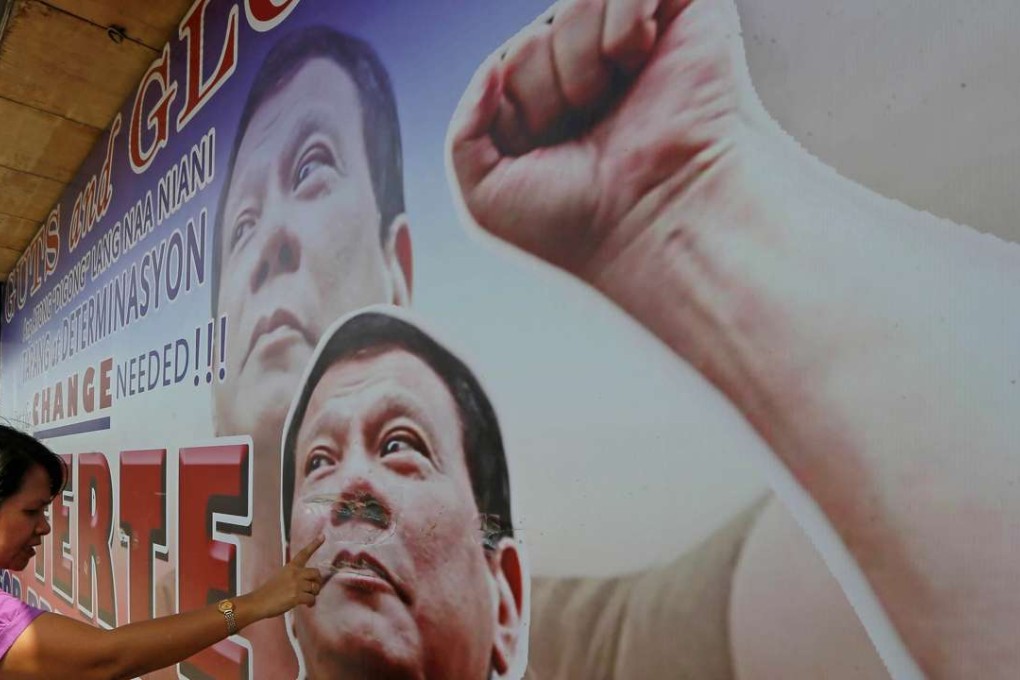Can tough-on-crime Rodrigo Duterte begin to root out endemic corruption in the Philippines?
Tony Kwok hopes the new down-to-earth Philippine president, who’s known for his iron-fist approach to law enforcement, can succeed where his predecessors have failed

When I visited Davao in 2005, in my capacity as an anti-corruption consultant for the Philippines’ Ombudsman Office, I was very impressed with the clean and tidy environment. I was told it was the nation’s safest city, and that mayor Rodrigo Duterte was held in high regard by its citizens for maintaining law and order.
Now he has been elected the next president, many people believe he brings hope of a real chance of combating corruption.
Philippine president’s anti-corruption efforts receive mixed reviews
Corruption is the root of all problems in the Philippines. Since Ferdinand Marcos, five presidents have been elected and, although each pledged to fight corruption, none succeeded. Indeed, two of the five were prosecuted for corruption offences. The main reason for the failure is the lack of political will at the top. This translates into a lack of support for its anti-corruption agency, the Office of the Ombudsman.

Pope tells Philippines leaders to end corruption, hear the cries of the poor
The agency is responsible for both combating corruption and undertaking the conventional ombudsman’s role of looking into administrative complaints against government officials. Yet to carry out both roles, it has a staff of only about 1,000. When compared with the Hong Kong Independent Commission Against Corruption’s 1,300 employees, it is clearly very inadequate, particularly considerating that the Philippine population is 102 million, 14 times that of Hong Kong.